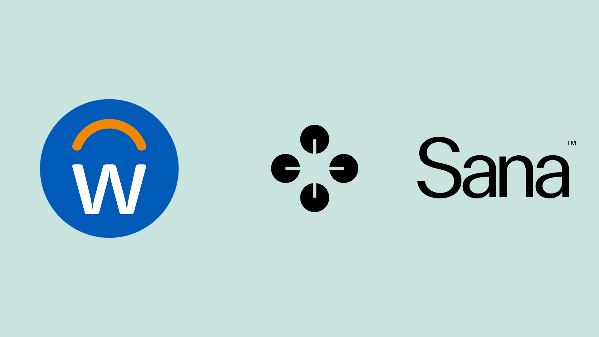Introduction
Workday has spent $1.1 billion on the acquisition of Sana, an AI start-up known for its workplace learning tools and intelligent agents. The transaction, expected to close in early 2026, will mark Workday’s boldest attempt to reinvent itself beyond payroll and HR software.
With Sana’s technology already reaching more than a million users, this deal is not just about adding features. It’s about the race to control the “AI front door” of the workplace, the digital assistant employees turn to first when they need answers, training, or support.
Why the Acquisition is Happening
The move reflects the growing pressure on Workday from three directions.
First, tech giants such as Microsoft, Salesforce, and ServiceNow are embedding AI assistants into their platforms. Without a bold step into this space, Workday risked being left behind.
Second, customers have also been calling for smarter, more intuitive workplace tools. Companies increasingly want AI that can cut through complexity, help staff find what they need quickly, and make learning more engaging and effective. Sana’s products fit neatly into that demand.
Finally, investors have been pushing Workday to prove it can lead the AI race, not simply follow it. With growth slowing and activist shareholders circling, this deal is Workday’s way of demonstrating its intention to stay at the forefront.
Opportunities and Challenges
The potential rewards are clear. By layering Sana’s technology onto its large customer base, Workday can scale up a new generation of AI-powered services. Analysts also expect the company to introduce premium pricing for enhanced features, creating new revenue streams.
However, the risks are equally real. Integrating Sana’s products into Workday’s complex systems will be challenging, particularly when those systems handle highly sensitive HR and finance data. Any slip in execution could erode customer trust, and with $1.1 billion at stake, investor patience for mistakes will be limited. In short, this is not a side bet; it is a survival play.
How Legal Teams Get Involved
Behind the scenes, law firms play a crucial role in ensuring a smooth deal. Orrick is advising Workday, while DLA Piper is representing Sana.
M&A Teams
- Conduct due diligence on IP, customer contracts, and employee arrangements.
- Negotiate deal terms, warranties, and risk allocation to ensure a mutually beneficial agreement.
Competition & Antitrust Teams
- Review whether the deal triggers concerns under the US or EU regimes.
- Prepare filings and remedies in response to any objections raised by regulators.
Data Privacy & Regulatory Teams
- Ensure Sana’s AI products comply with the GDPR, CCPA, and other relevant AI-specific laws.
- Advise on cross-border data transfers and transparency obligations.
Commercial & Contracts Teams
- Revisit Sana’s service agreements for continuity post-acquisition.
- Draft new licensing frameworks for AI products within Workday.
Employment & Labour Teams
- Manage the integration of Sana’s workforce, including retention and restructuring.
- Advise on cultural alignment and post-merger employment obligations.
Future Outlook
If Workday successfully integrates Sana, it could transform itself into the primary AI assistant for enterprises, reshaping how employees interact with data and training. That would redefine Workday’s role from a back-office tool to a central hub of the modern workplace.
However, the stakes are high. Any missteps in integration, regulatory compliance, or customer adoption could see rivals pull ahead. For now, the $1.1 billion deal is a clear signal: Workday believes the future of work will be driven by AI, and it is determined to own that space.
